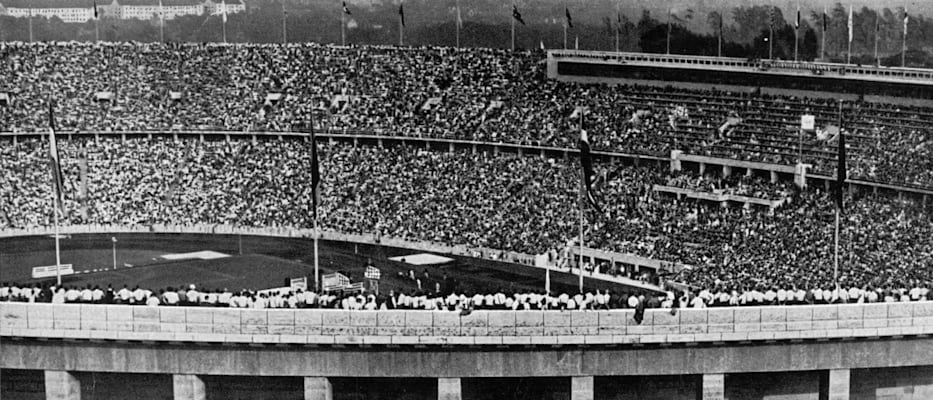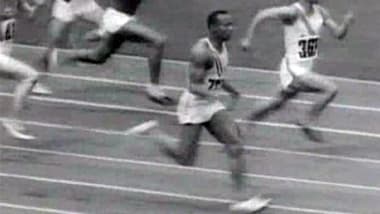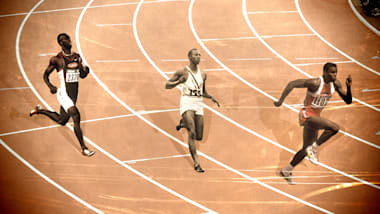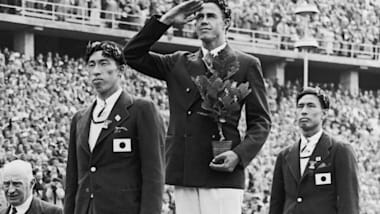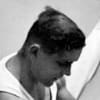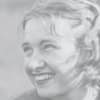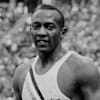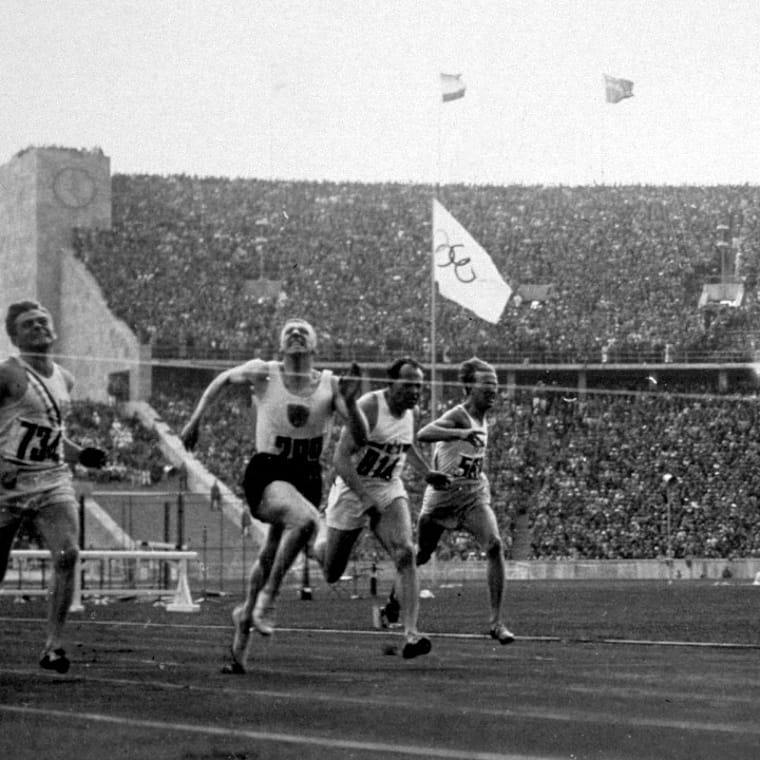Olympic Games Berlin 1936
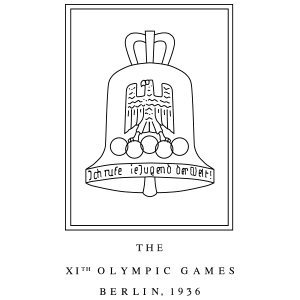
Berlin 1936
About the Games
Jesse Owens
The Berlin Games are best remembered for Adolf Hitler’s failed attempt to use them to prove his theories of Aryan racial superiority. As it turned out, the most popular hero of the Games was the African-American sprinter and long jumper Jesse Owens, who won four gold medals in the 100m, 200m, 4x100m relay and long jump.
Television Coverage
The 1936 Games were the first to be broadcast on television. Twenty-five television viewing rooms were set up in the Greater Berlin area, allowing the locals to follow the Games free of charge.
Young Olympians
Thirteen-year-old Marjorie Gestring of the U.S. won the gold medal in springboard diving. She remains the youngest female gold medallist in the history of the Summer Olympic Games. Twelve-year-old Inge Sorensen of Denmark earned a bronze medal in the 200m breaststroke, making her the youngest medallist ever in an individual event.
Debuts and Firsts
Basketball, canoeing and field handball all made their first appearances.
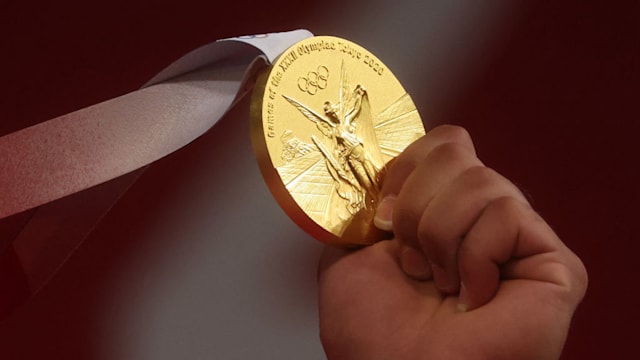
Medal Table
See the list of teams and medals won by each.
1936
Featured Athletes
Replays from
Berlin 1936
1936
Discover the Games
The Brand
A visual identity is developed for each edition of the Olympic Games.Brand

The Medals
Beginning as an olive wreath, medal designs have evolved over the years.Medals
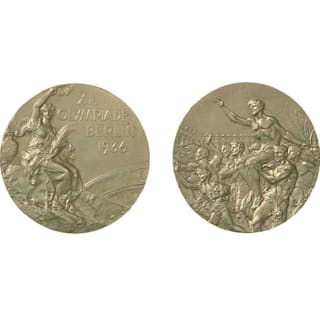
The Torch
An iconic part of any Olympic Games, each host offers their unique version.Torch


